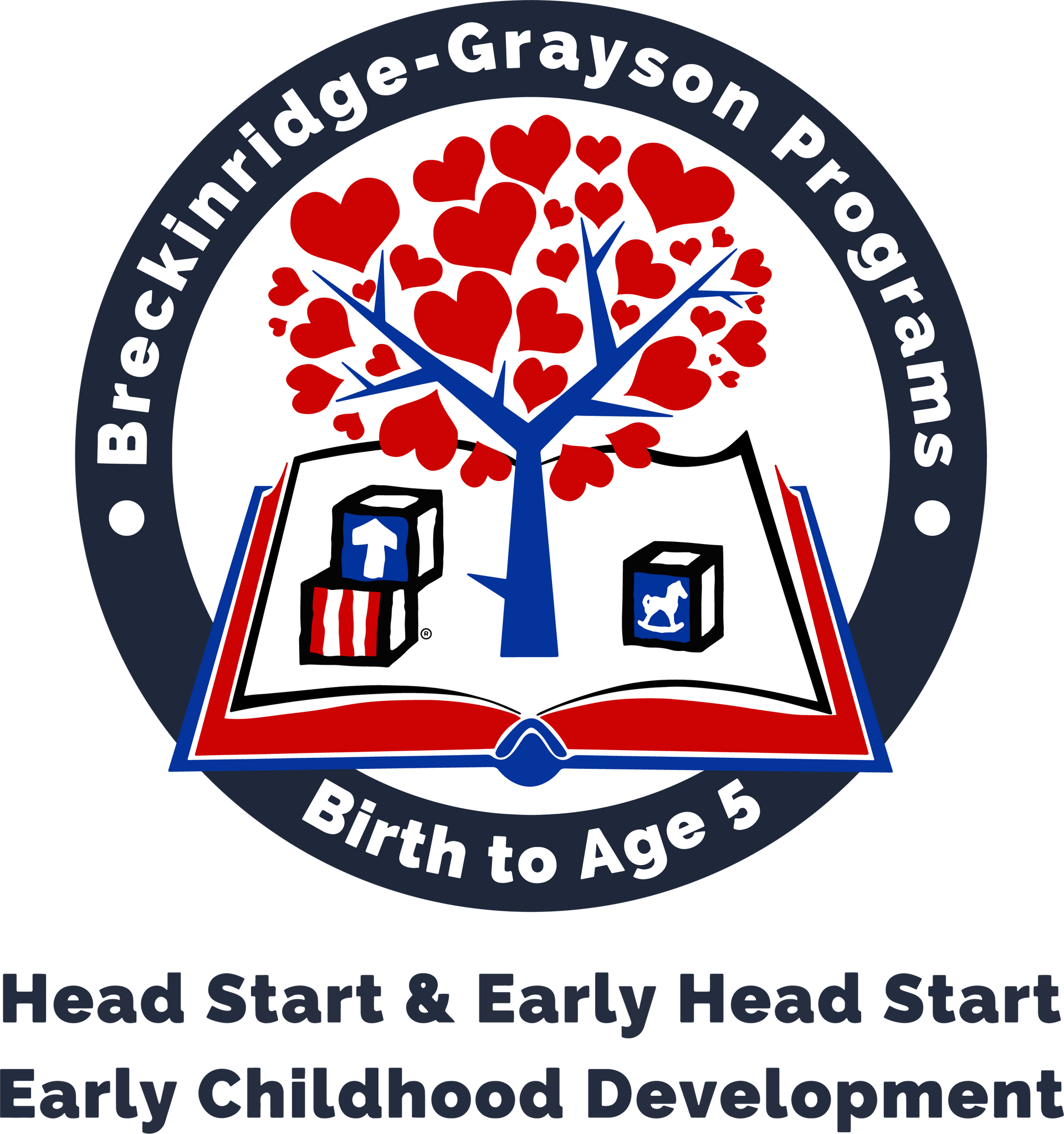What is Social-Emotional Health?
A child that is socially and emotionally healthy enjoys a positive quality of life and is able to function well at home, school and the outside community. Positive social and emotional health in children involves the following:
Screening and Assessment
With parental permission, screenings are conducted within the first 45 days of enrollment. The Ages and Stages Social Emotional Instrument is used with input from parent/guardians. Parents will be informed of the results of any social-emotional screens and assessments. Using comprehensive approach, results may be considered in determining the need for further assessment or evaluation. For children whose scores indicate there may be a concern, the parent will be consulted to determine the appropriate next step. With parental permission, the Mental Health Consultant may conduct an individual observation. If needed, children may be referred to a pediatrician or other medical professional.
What factors may affect a child’s social-emotional health/behavior?
No one knows all the causes of social-emotional health issues in children. Any one of the following can interfere with a child’s ability to learn or function at home, school or in the community.
A Mental Health Consultant is available to discuss and identify any concerns and offer intervention, if needed. The MH Consultant performs classrooms observations, parent/staff training and is available to consult with parents or staff members about areas of concern. It can be helpful to have a MH Consultant perform an individual child observation. Strategies can be offered to support the child within the home and/or classroom setting. The MH Consultant can support enrolled families through referral to other mental health professionals.
If you have concerns about your child’s social-emotional health or would like more information; you may ask your child’s physician, Family Service Coordinator, or classroom teacher.
A child that is socially and emotionally healthy enjoys a positive quality of life and is able to function well at home, school and the outside community. Positive social and emotional health in children involves the following:
- Love from other members of the family
- Self-control and self-esteem
- The opportunity to play safely with other children
- Encouraging teachers and supportive caregivers
- Safe and secure surroundings
- Appropriate guidance and consistent discipline
- Physical wellness
Screening and Assessment
With parental permission, screenings are conducted within the first 45 days of enrollment. The Ages and Stages Social Emotional Instrument is used with input from parent/guardians. Parents will be informed of the results of any social-emotional screens and assessments. Using comprehensive approach, results may be considered in determining the need for further assessment or evaluation. For children whose scores indicate there may be a concern, the parent will be consulted to determine the appropriate next step. With parental permission, the Mental Health Consultant may conduct an individual observation. If needed, children may be referred to a pediatrician or other medical professional.
What factors may affect a child’s social-emotional health/behavior?
No one knows all the causes of social-emotional health issues in children. Any one of the following can interfere with a child’s ability to learn or function at home, school or in the community.
- Being in physical pain due to illness or injury (ear infections, dental concerns, vision or hearing problems).
- Poor nutrition or lead poisoning
- Speech, language or developmental delays
- Loss of loved ones through death, divorce or broken relationships
- Undiagnosed or untreated emotional/behavioral conditions, such as attention deficit disorder
- Being a victim or a witness to violence, abuse or neglect
- Family relationships-the way family members treat each other can have lasting effects on a child
A Mental Health Consultant is available to discuss and identify any concerns and offer intervention, if needed. The MH Consultant performs classrooms observations, parent/staff training and is available to consult with parents or staff members about areas of concern. It can be helpful to have a MH Consultant perform an individual child observation. Strategies can be offered to support the child within the home and/or classroom setting. The MH Consultant can support enrolled families through referral to other mental health professionals.
If you have concerns about your child’s social-emotional health or would like more information; you may ask your child’s physician, Family Service Coordinator, or classroom teacher.




